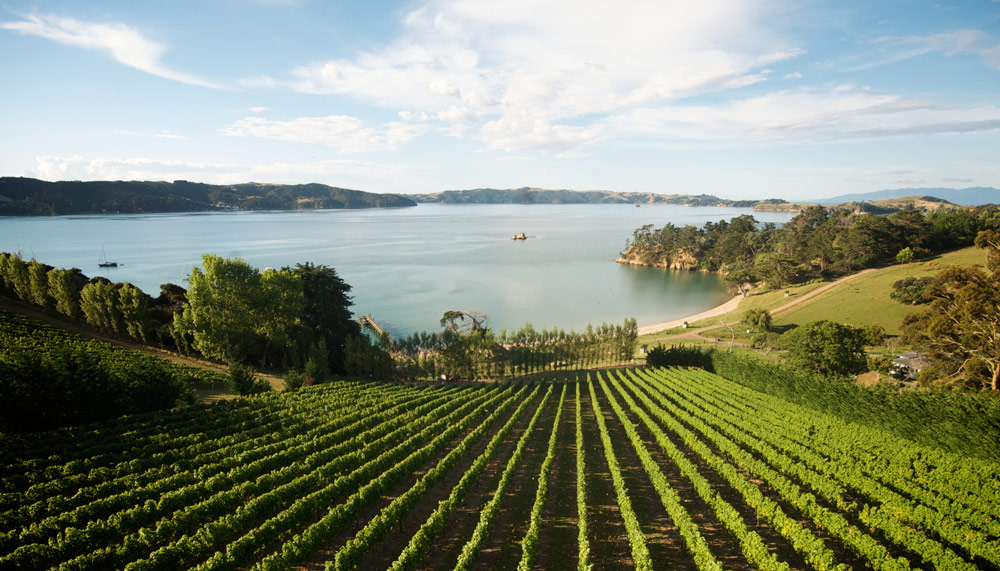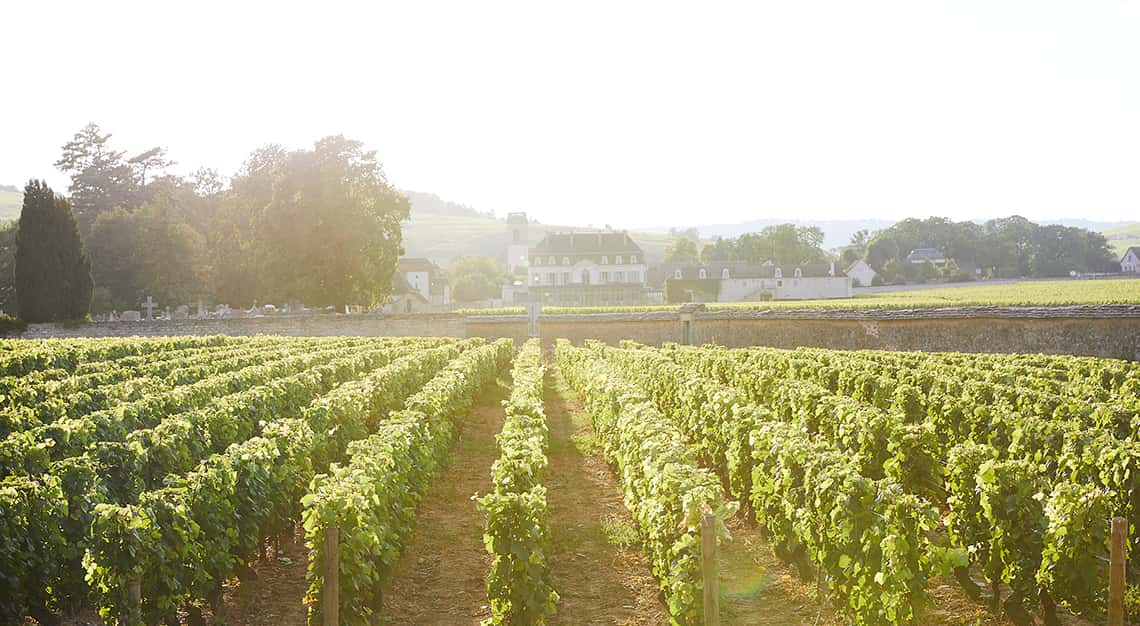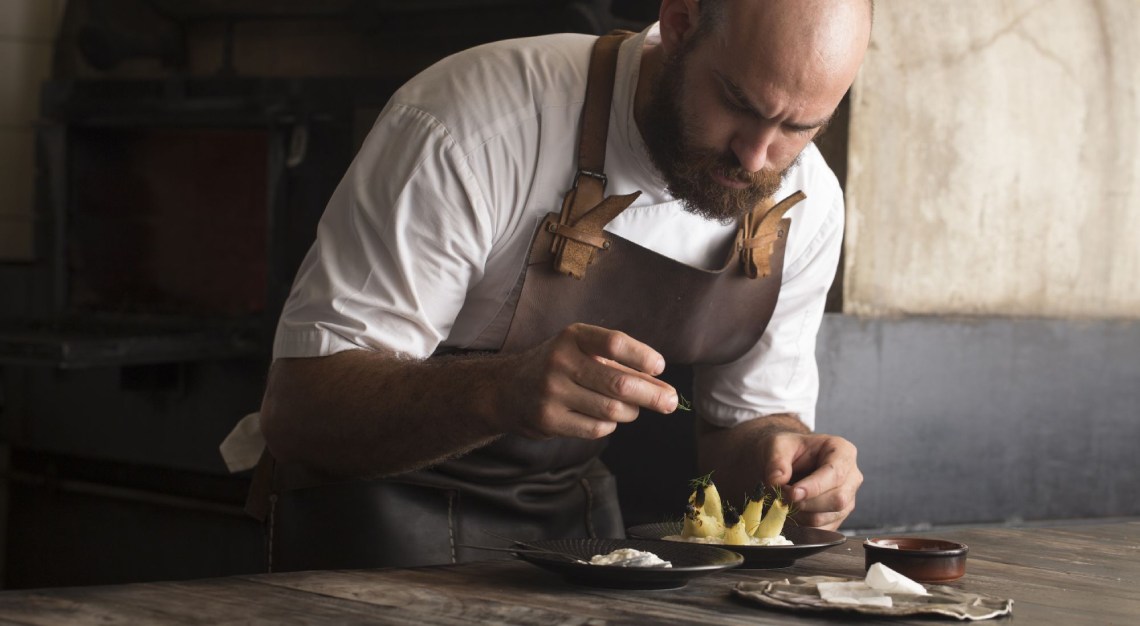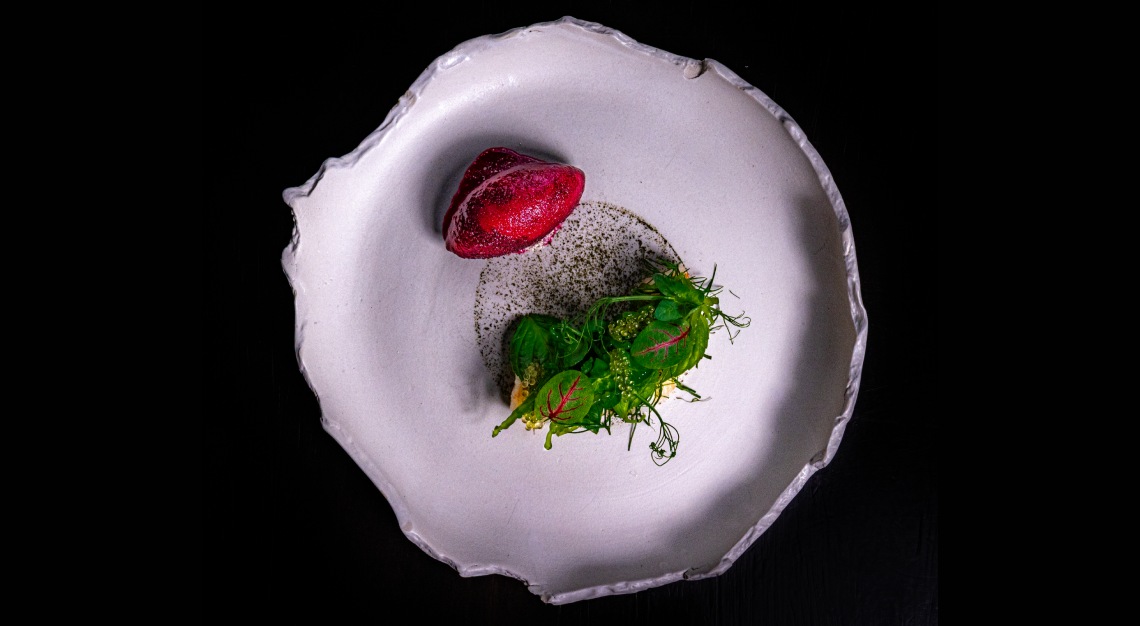Beyond The Vines
Modern gastronomy has taught us about the consumption of organic, sustainable food products, but what about our liquid diet? As our generation moves towards an era of conscientious eating, it’s about time we turn our sensibilities to drinking better as well.

Natural, organic and biodynamic: What’s that?
The three major categories to consider are natural, organic and biodynamic wines. While often lumped together, Natural wines differ slightly from organic and biodynamic wines. Organic wines are produced from organically grown grapes, but may still be subject to small amounts of chemical interferences later in the process. Similarly, biodynamic wines eschew most synthetic manipulations, but follow a more holistic approach to winemaking, taking astrological dates into account for the process. Natural wines are farmed without the use of synthetic chemicals in the vineyard and receive little or no tampering in the winery. The process harks back to a time when grapes were harvested by hand and remains largely void of chemical and technological manipulation, resulting in a much purer product.

Sustainable drinking
Modern Australian restaurant, Cheek by Jowl, is a firm supporter of sustainable drinking. Co-owner and general manager, Manuela Toniolo, shares, “Natural wines are a reflection of the environment, terroir and vintage.” There has always been something romantic about the traditional process of winemaking, from the painstaking effort that goes into harvesting the grapes by hand, then manually crushing them in a vat and finally when the slow process of fermentation gets to take place.
Natural winemaking puts the story back into the bottle, giving wine enthusiasts a chance to get in touch with the roots of the drink.
Not only does it champion a sustainable approach, good natural wines need to come from high-quality grapes in order to withstand any strains of disease or infection. On top of that, the process in the winery needs to be extremely sterile and meticulous, as there is no chance of a cover-up with natural wines, which in turn ends up producing significantly cleaner and fresher flavours.
“When made well, the taste of natural wines does not differ from regular wines. Of course, each grape and vintage has its own characteristics and they are reflected in the wine. I feel that a greater difference lies in the colour and clarity of natural wines,” Toniolo says.

Where to find them
In Singapore, there has been an increase of natural, organic and biodynamic wines peppering the food and beverage scene in the past year. With other notable restaurants such as Burnt Ends, Open Farm Community and Gattopardo Ristorante di Mare jumping on board to provide new drink alternatives, the road is being paved for wine enthusiasts to sample a different way of drinking.
The Straits Wine Company, a Singapore- based distributor, wholesaler and retailer of wines, has also declared its leanings toward this cause. The company offers a selection of natural wines from the Basket Range in Adelaide, Australia, as well as from France and New Zealand.
Its CEO, Kathy Lim-Sheehy, indicates the obvious advantage of drinking naturally. “Would you like to eat a salad that has been sprayed with herbicides, pesticides and chemicals, or would you rather have a salad that was made organically?”






